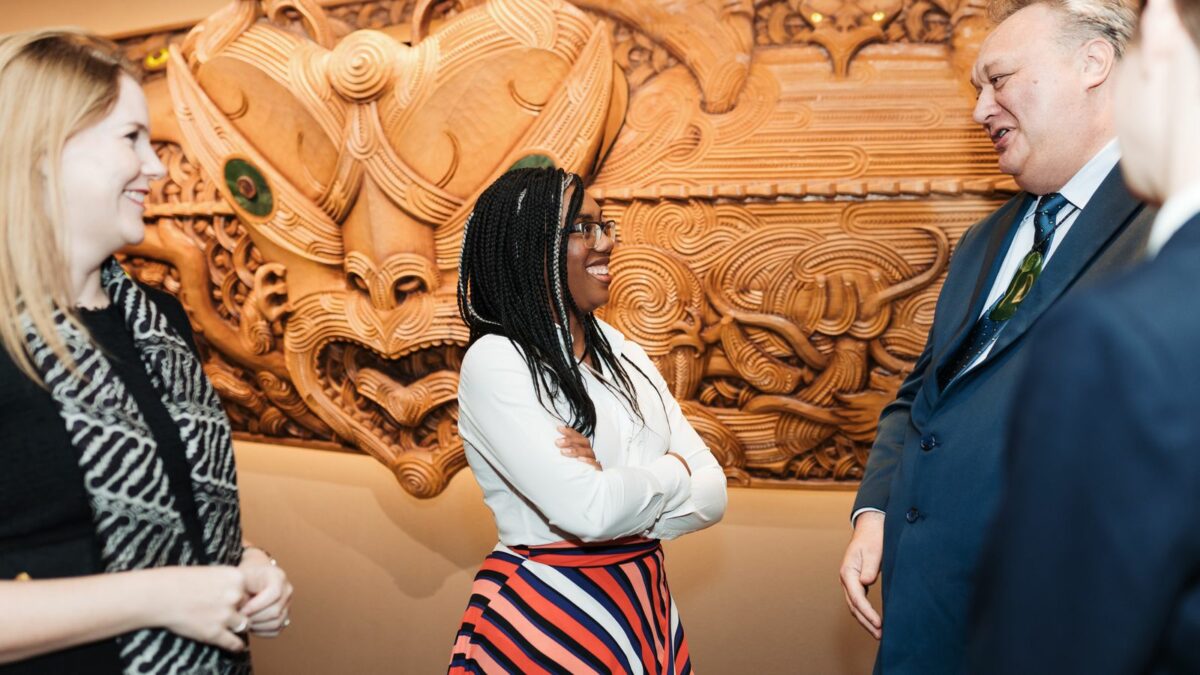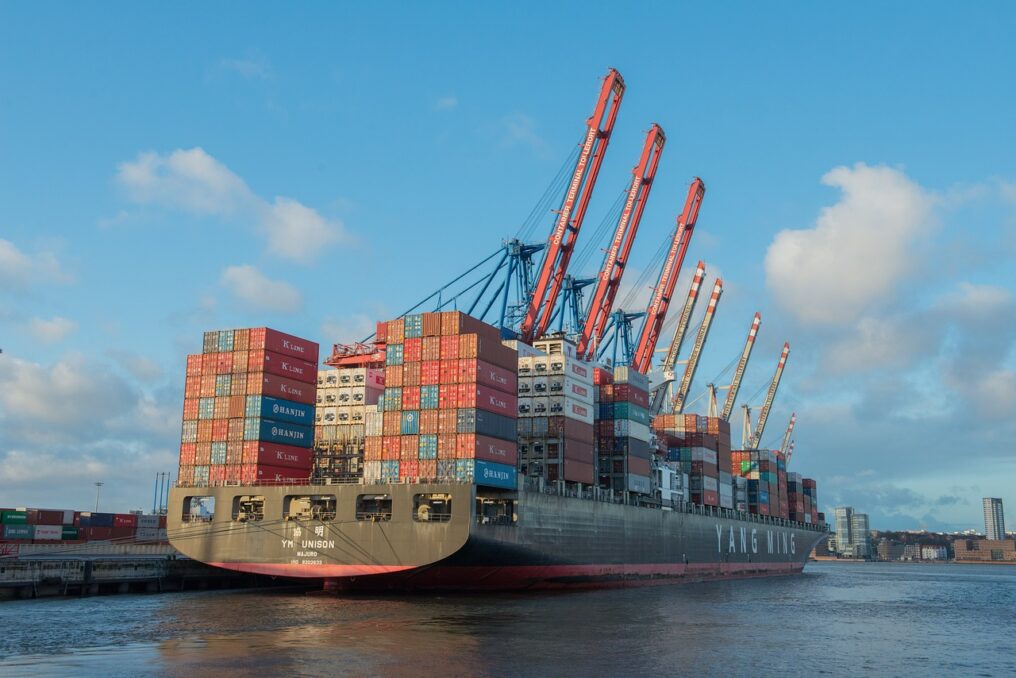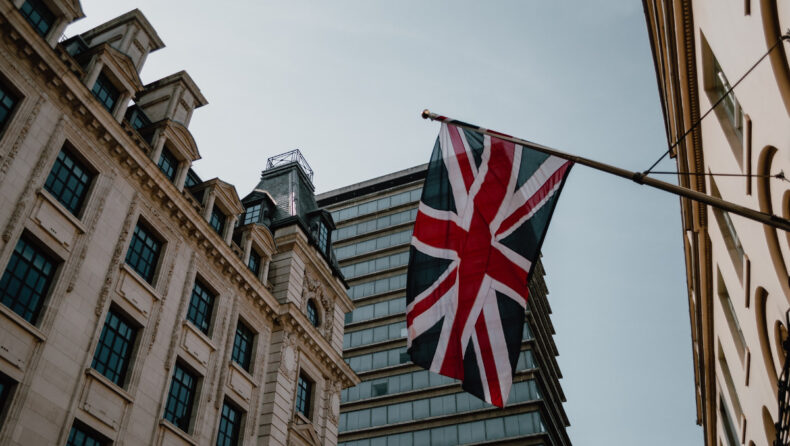On Sunday, July 16th, the UK government marked a significant milestone by formally signing the accession protocol to join the Comprehensive and Progressive Agreement for Trans-Pacific Partnership (CPTPP), a major Indo-Pacific trade pact. Looking beyond Europe for trading opportunities after Brexit, Business and Trade Minister Kemi Badenoch signed the agreement in New Zealand. With the UK’s accession, the CPTPP bloc’s combined GDP now stands at £12 trillion, representing 15% of the global share.
Established in 2018, the CPTPP comprises 11 nations, including Australia, Brunei, Canada, Chile, Japan, Malaysia, Mexico, New Zealand, Peru, Singapore, and Vietnam.
UK, the First New Member of the Bloc
The United Kingdom is the first new member and the first European nation to join CPTPP since its formation in 2018. The legal signing of the UK into the bloc formally confirms the agreement, which was reached in March after 21 months of negotiations making it the UK’s biggest trade deal since BREXIT.
The agreement is expected to come into force in the second half of 2024 after ratification by the 11 CPTPP members and parliamentary scrutiny and legislation from the British side.
“A Big Boost for British Businesses”

Image Source: Sky News
Before formally agreeing to the pact Ms. Badenoch expressed her delight at being in New Zealand to sign the deal, stating that it would greatly benefit British businesses and generate billions of pounds in extra trade. She also highlighted the potential for significant opportunities and unrestricted access to a market consisting of over 500 million individuals. She emphasized that the UK, as an independent trading nation, was leveraging its status to become a dynamic and progressive trade bloc member.
This move is expected to contribute to the growth of the UK economy and further enhance the support provided by CPTPP-owned businesses, which already sustained hundreds of thousands of jobs across the country.
London’s “Global Britain” Strategy
Severing ties with the European Union in 2020, the post-BREXIT UK policy has shown an inclination towards the Indo-Pacific region, which by 2035 will include nearly half of the middle-class consumers.
Britain already has trade agreements with CPTPP members except Malaysia and Brunei. British officials have said that the entry into the Indo-Pacific trading bloc will strengthen the already existing arrangements, with 99% of current UK goods exported to the bloc eligible for zero tariffs, including key UK exports such as cheese, cars, chocolate, machinery, gin, and whisky.
In conjunction with the signing event, the government shared statistics indicating that CPTPP-based companies employed over 400,000 individuals across the United Kingdom in 2019. These figures demonstrated that approximately one out of every 100 workers in the country were employed by CPTPP-headquartered businesses.
Business figures have welcomed the move calling the pact an opportunity to “connect with the world’s most exciting growth markets for start-ups, innovation, and technology.”
Cheaper and Readily Available Products for UK and Indo-Pacific Consumers

Institute of Export and International Trade (IOE&IT) said the deal would make products like Australian Ugg boots, kiwis from New Zealand, blueberries from Chile, and Canadian maple syrup cheaper for UK consumers. According to Marco Forgione, the director general of IOE&IT, eliminating tariffs would enhance the accessibility of premium British products to consumers within the Indo-Pacific bloc. He mentioned that this change would benefit many industries, including whisky, confectionery, automobiles, jewellery, and clothing.
The signing of the deal has had mixed reactions from the UK. For the BREXIT supporters, this is an opportunity for Britain to join trading blocs with faster-growing economies beyond Europe. While for critics, the country will continue to struggle to compensate for the economic damage caused by leaving the EU.













